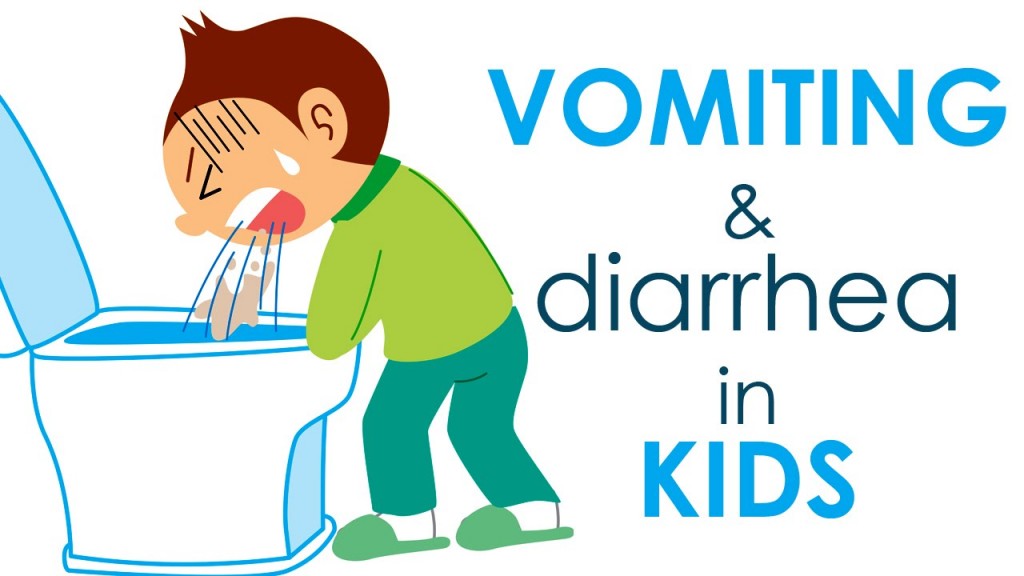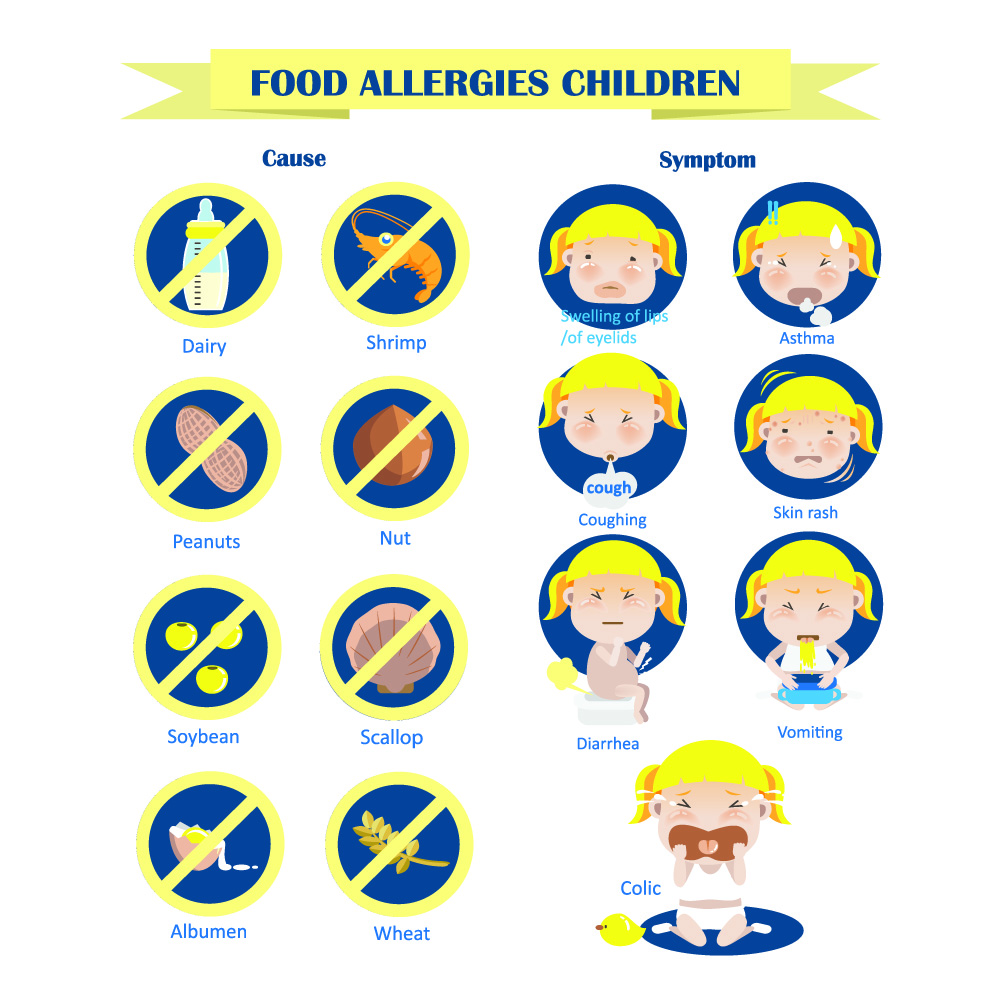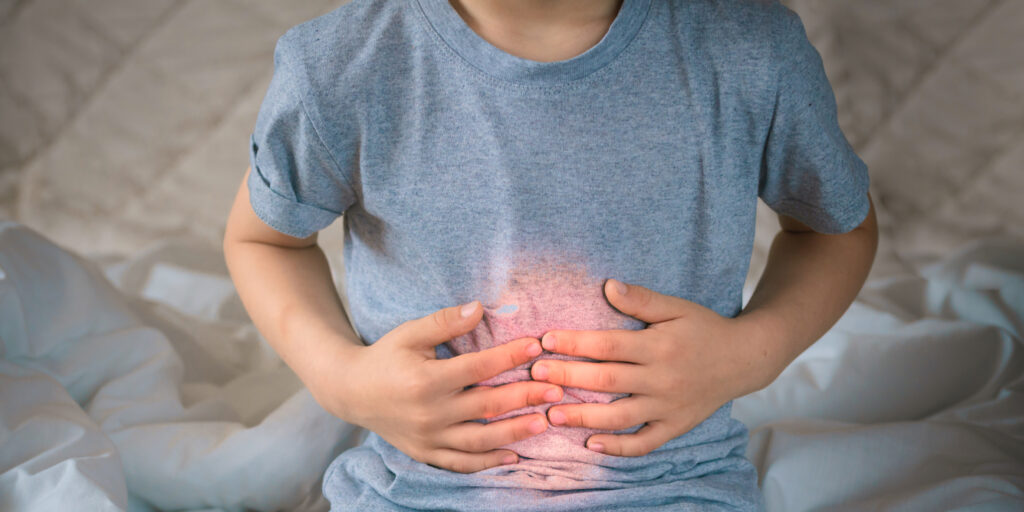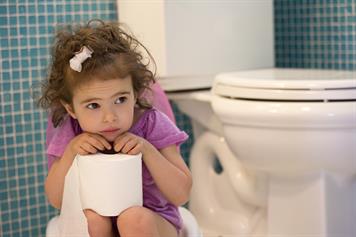Introduction

As a parent, it can be distressing to see your child experiencing vomiting and diarrhea. This article aims to provide a comprehensive guide on understanding these common childhood ailments. Dr. Joginder Singh, a renowned pediatrician with years of experience, will share insights and to help parents navigate through these situations with confidence.
Causes of Childhood Vomiting and Diarrhea
Viral Infections
- Viral gastroenteritis is a common cause of vomiting and diarrhea in children.
- Rotavirus and Norovirus are among the most prevalent viruses responsible for these symptoms.
Bacterial Infections
- Bacterial infections such as Salmonella or E. coli can also lead to vomiting and diarrhea in children.
- Contaminated food or water are common sources of these infections.
Food Allergies and Intolerances

- Allergies to certain foods or intolerances to lactose can trigger gastrointestinal symptoms in children.
- Identifying and avoiding the trigger foods is crucial in managing these conditions.
Symptoms and Signs to Watch For
Dehydration

- Children with vomiting and diarrhea are at risk of dehydration due to fluid loss.
- Look out for signs such as dry mouth, reduced urine output, and lethargy.
Abdominal Pain

- Persistent or severe abdominal pain accompanied by vomiting and diarrhea may indicate a more serious condition.
- Consult a healthcare provider if your child experiences intense pain.
Blood in Stool

- The presence of blood in the stool warrants immediate medical attention.
- It could indicate a more severe underlying issue such as inflammatory bowel disease.
Home Care Tips for Managing Vomiting and Diarrhea
Fluid Replacement
- Encourage your child to sip on clear fluids such as water, electrolyte solutions, or diluted juices.
- Rehydration is vital to prevent dehydration associated with vomiting and diarrhea.
BRAT Diet
- The BRAT diet (Bananas, Rice, Applesauce, Toast) can help soothe the stomach during bouts of vomiting and diarrhea.
- These bland foods are gentle on the digestive system and provide essential nutrients.
Rest and Monitoring
- Ensure your child gets plenty of rest to aid in recovery.
- Monitor their symptoms closely and seek medical advice if they worsen or persist.
When to Seek Medical Help
Persistent Symptoms
- If your child’s vomiting and diarrhea persist for more than 24 hours, consult a healthcare provider.
- Prolonged symptoms may signal an underlying condition that requires medical attention.
Severe Dehydration
- Signs of severe dehydration such as sunken eyes, rapid heartbeat, or no urine output indicate a need for immediate medical intervention.
- Intravenous fluids may be necessary to rehydrate the child.
Conclusion
Childhood vomiting and diarrhea are common occurrences that can be managed effectively with the right knowledge and care. By understanding the causes, symptoms, and appropriate steps to take, parents can ensure their child’s well-being during these episodes. Remember, always consult a healthcare professional if you have concerns about your child’s health.
“Prevention is better than cure, but swift action is essential in times of need.” – Dr. Joginder Singh
Remember to consult Dr. Joginder Singh or your child’s healthcare provider for personalized advice tailored to your child’s specific needs.

